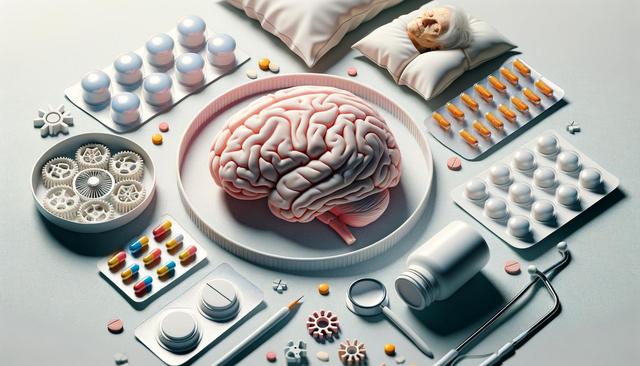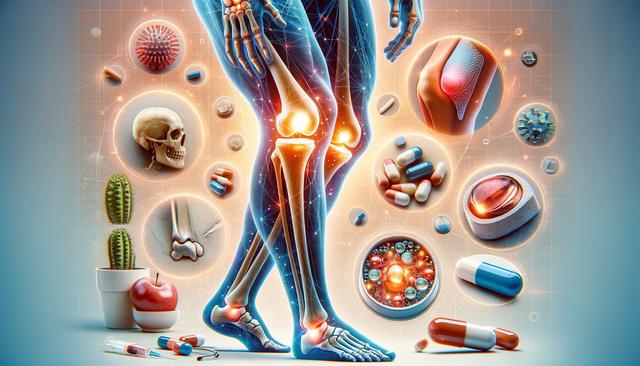What is Aphasia and How Does It Affect Communication?
Aphasia is a language disorder typically caused by brain damage, most commonly after a stroke or traumatic brain injury. It affects a person’s ability to speak, understand, read, or write. The severity and type of aphasia can vary greatly depending on the location and extent of the brain injury. Some individuals may struggle to find the right words, while others might lose the ability to construct coherent sentences altogether. Understanding the specific symptoms is the first step in identifying appropriate aphasia treatment options near me.
There are different types of aphasia, including:
- Broca’s aphasia – difficulty in speech production, but comprehension remains intact
- Wernicke’s aphasia – fluent speech that lacks meaning, with poor comprehension
- Global aphasia – severe impairment in both expression and comprehension
Diagnosis typically involves a neurologist and speech-language pathologist. Once diagnosed, individual treatment plans are developed to address specific language deficits. Early intervention can significantly influence recovery outcomes, making prompt access to aphasia clinics in USA crucial.
Speech Therapy for Aphasia: Core Component of Recovery
One of the most recognized and effective treatments is speech therapy. Tailored to the individual’s needs, speech therapy aims to improve communication abilities by targeting specific language functions. Speech therapy for aphasia info generally includes exercises to enhance speaking, listening, reading, and writing skills.
Speech therapy approaches often include:
- Auditory comprehension tasks
- Word-finding and fluency exercises
- Repetition and articulation practice
- Use of visual aids or technology-assisted tools
Therapy is most effective when it is consistent and intensive. Some individuals benefit from group therapy sessions, which provide opportunities to practice communication in a social setting. Others may need one-on-one sessions for more targeted intervention. Family involvement is also a key factor in therapy success, as caregivers can reinforce communication strategies at home.
Exploring Additional Aphasia Rehabilitation Programs
In addition to speech therapy, several comprehensive rehabilitation programs offer multi-disciplinary approaches to treatment. These aphasia rehabilitation programs guide individuals through a combination of therapies, often incorporating physical, occupational, and cognitive therapies depending on the overall impact of the brain injury.
Such programs typically offer:
- Structured language rehabilitation plans
- Behavioral therapy for emotional support
- Cognitive training to enhance memory and attention
- Adaptation strategies for everyday communication
Rehabilitation programs can be provided in outpatient clinics, inpatient rehabilitation centers, or through home-based services. These programs are especially important for individuals with severe or global aphasia, where ongoing support is necessary for any meaningful progress. Resources like aphasia recovery services overview can help families locate and evaluate suitable programs in their region.
Cognitive Therapy and Its Role in Aphasia Recovery
While aphasia is primarily a language disorder, it often coexists with cognitive challenges such as memory loss, attention deficits, or difficulty with problem-solving. Cognitive therapy for aphasia addresses these overlapping issues by enhancing the brain’s overall functioning, which in turn supports better communication outcomes.
Common cognitive therapy techniques include:
- Memory exercises using visual and auditory prompts
- Attention training through task-switching activities
- Problem-solving scenarios to build reasoning skills
- Use of apps and digital tools to track progress
Integrating cognitive therapy into an aphasia treatment plan can significantly improve a person’s ability to process and respond to language stimuli. It also helps in building confidence and reducing frustration, which are often barriers to successful communication. Many aphasia clinics in USA now offer these integrated therapies as part of a holistic treatment model.
Finding and Evaluating Aphasia Treatment Options
Accessing quality care is a major step toward recovery. Individuals and families looking for aphasia treatment options near me should consider several factors such as the expertise of the clinical team, the availability of integrated services, and the proximity to home. Online directories and referrals from healthcare providers can be helpful in narrowing down choices.
When evaluating treatment facilities, consider the following:
- Experience and credentials of speech-language pathologists
- Availability of individualized treatment plans
- Client testimonials and success stories
- Support services for caregivers and families
Resources that provide a comprehensive aphasia recovery services overview can guide users through the process of comparing clinics, understanding insurance coverage, and setting realistic recovery goals. It’s important to remember that recovery may take time and progress can vary, but with the right support, many individuals with aphasia experience meaningful improvements in communication.
Conclusion: Taking the First Step Toward Recovery
Living with aphasia presents unique challenges, but with access to appropriate therapies and support, individuals can make significant strides in communication and quality of life. From exploring speech therapy for aphasia info to finding specialized aphasia clinics in USA, there are many pathways available to support recovery. Whether you’re a caregiver, family member, or someone experiencing aphasia, understanding the full range of aphasia treatment options near me can make a vital difference. It’s never too early—or too late—to begin the journey toward better communication.




Leave a Reply